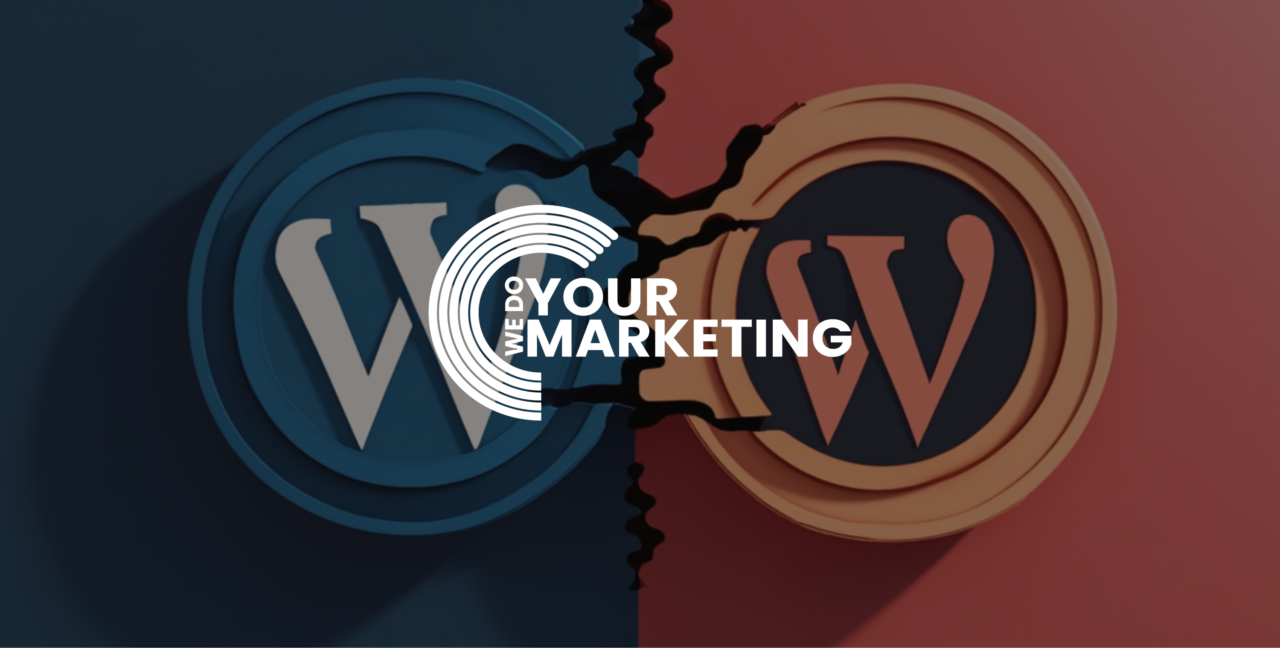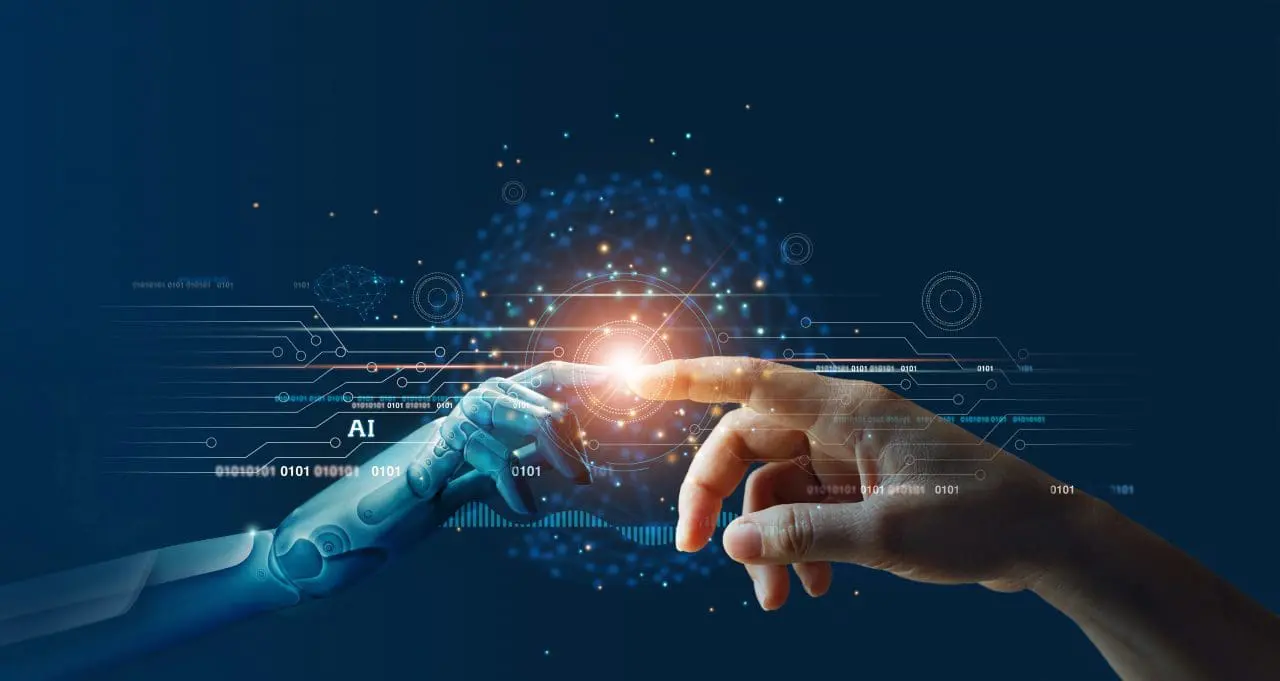

The future of work is something that many businesses are considering, with new trends such as a 4-day week being explored. But what role could artificial intelligence (AI) and generative technology play in helping shape the way we work going forwards? We investigate further.
In recent years, automation has been identified as having incredible potential to revolutionise the workplace. As machines become increasingly adept at performing tasks that humans previously did manually, it can free up time for employees to focus on more creative or strategic activities – while also removing the need for labour-intensive roles altogether.
Generative AI technology, for example, is a type of AI that can generate content such as text and images based on existing data. This could be used to automate many processes that are currently done by people – from customer service tasks to HR applications and beyond. By reducing the amount of manual work required in these areas, it can help streamline operations and increase efficiency.
A 4-day week has been suggested as a potential way forward for businesses looking to transform their work environment. This would mean employees have an extra day off each week in order to pursue activities outside of the workplace – promoting wellbeing and encouraging creativity. The extra time could also be spent exploring personal interests or developing new skills, which could help to boost productivity in the long run.
Generative AI technology can be used to help businesses plan for shorter working weeks. By automating tasks that are currently done manually, it can free up time for employees to carry out more important work – allowing them to achieve more without burning out from overwork. This could also reduce costs associated with hiring additional staff or outsourcing certain tasks.
While AI and generative technology have the potential to make a positive impact on the future of work, there will no doubt be certain challenges that come along with its implementation. In particular, concerns have been raised about job losses as machines become increasingly capable of doing tasks that humans previously handled. Additionally, there may be a need to invest in retraining and upskilling current staff as AI takes over more roles.
AI and generative technology can have an incredibly positive impact on the future of work – from streamlining operations to freeing up employee time for more creative or strategic activities. But it’s important to remember that with any new technology come potential challenges – including the risk of job losses and the need for additional training. Businesses should weigh up these risks carefully before making any decisions about how they plan to use AI and generative technology going forwards.
By considering the potential benefits and risks of AI and generative technology, businesses can make informed decisions about how they plan to use these technologies to shape the future of work. Ultimately, done right, this could mean a better work-life balance for employees and greater efficiency for businesses overall.
– Customer service. Chatbots and virtual assistants can provide customers with quick and efficient service, handling routine tasks and answering common questions.
– Marketing. AI can analyse data to identify patterns and preferences among customers, allowing businesses to create more targeted and personalised marketing campaigns.
– Operations. AI is already being used to optimise supply chain management, inventory control and production processes, leading to cost savings and increased efficiency.
– Fraud detection. AI can analyse data to identify potential instances of fraud or financial misconduct, helping businesses prevent losses and maintain compliance.
– Predictive analytics. AI can be used to make predictions about future trends or events, such as sales forecasts or risk assessments, allowing businesses to make better-informed decisions.
– Overall, AI has already become a valuable tool for businesses across a wide range of industries, offering the potential for increased efficiency, cost savings, and competitive advantage.
When used correctly, AI can have a massive positive impact on the future of work – from streamlining operations to freeing up employee time for more creative or strategic activities. Companies should weigh up both the potential benefits and risks carefully before making any decisions about how they plan to use AI and generative technology going forwards. By considering these factors, businesses can ensure that their implementation of AI will bring greater efficiency and better quality outcomes overall.
This website uses cookies to improve your experience. Choose what you're happy with.
Required for the site to function and can't be switched off.
Help us improve the website. Turn on if you agree.
Used for ads and personalisation. Turn on if you agree.
This website uses cookies to improve your experience. Choose what you're happy with.
Required for the site to function and can't be switched off.
Help us improve the website. Turn on if you agree.
Used for ads and personalisation. Turn on if you agree.